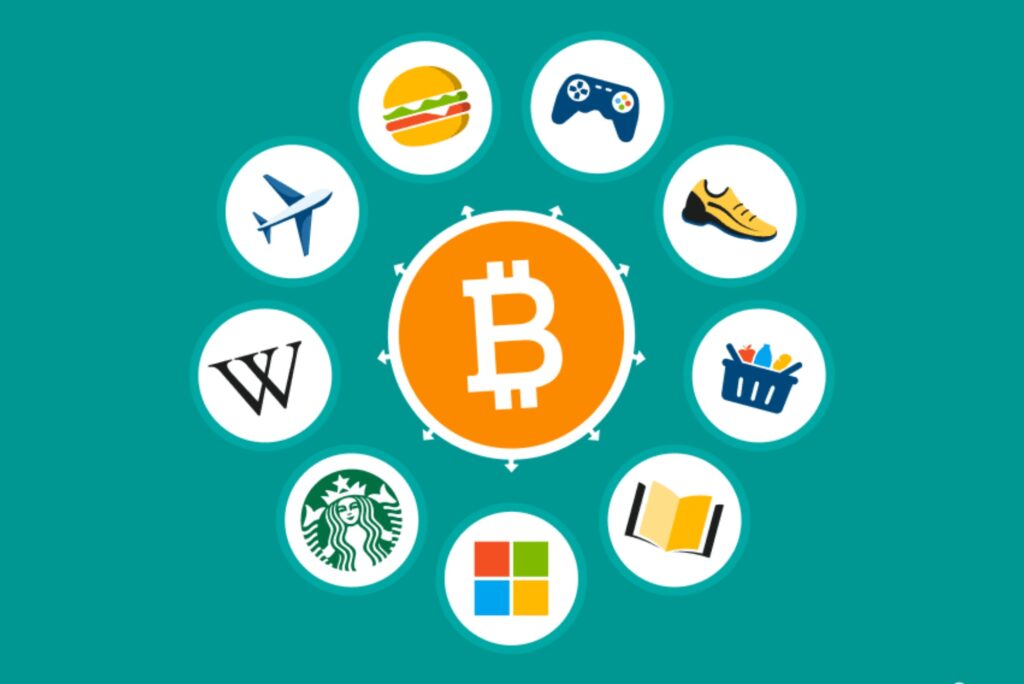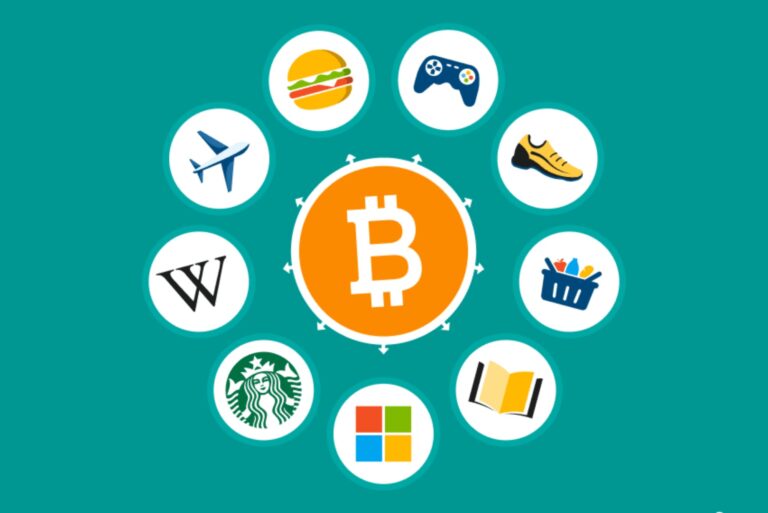Who Accepts Cryptocurrency
As cryptocurrency adoption continues to grow, an increasing number of businesses, retailers, and industries are accepting digital currencies as a form of payment. Let’s explore the diverse range of entities embracing cryptocurrency transactions.
Introduction to Cryptocurrency Acceptance
Cryptocurrency acceptance refers to businesses, merchants, and organizations that are willing to accept digital currencies as a means of payment for goods and services. From small businesses to multinational corporations, the adoption of cryptocurrency payments is expanding across various sectors.
Industries Embracing Cryptocurrency
Retail
Many retailers, both online and offline, now accept cryptocurrency payments. From electronics and fashion to food and entertainment, a wide range of products and services can be purchased using digital currencies.
Hospitality and Travel
The hospitality and travel industry has been quick to embrace cryptocurrency payments. Who Accepts Cryptocurrency Hotels, airlines, and travel agencies are increasingly offering customers the option to pay for bookings and services using digital currencies.

Food and Beverage
Restaurants, cafes, and food delivery services are tapping into the cryptocurrency market by accepting digital payments. Customers can enjoy meals and beverages at their favorite establishments while paying with Bitcoin, Ethereum, and other cryptocurrencies.
E-commerce
E-commerce platforms and online marketplaces are integrating cryptocurrency payment options to cater to the growing demand for digital transactions. From Amazon to Shopify stores, online retailers are providing customers with the flexibility to pay with cryptocurrency.
Major Companies Accepting Cryptocurrency
Microsoft
Microsoft, one of the world’s largest technology companies, accepts Bitcoin as a payment method for purchasing games, apps, and other digital content on its online store.
Overstock
Overstock.com, an online retailer specializing in furniture and home goods, was one of the first major companies to accept Bitcoin as a form of payment. Customers can buy a wide range of products using digital currencies.
PayPal
PayPal, a leading online payment platform, has integrated cryptocurrency functionality, allowing users to buy, sell, and hold Bitcoin, Ethereum, Bitcoin Cash, and Litecoin directly within their PayPal accounts.
Tesla
Tesla, the electric vehicle manufacturer led by Elon Musk, announced that it would accept Bitcoin as payment for its vehicles. This move signaled a significant endorsement of cryptocurrency by a major automotive company.

Small Businesses and Local Merchants
In addition to major corporations, many small businesses and local merchants are also accepting cryptocurrency payments. From coffee shops to hair salons, these businesses are leveraging digital currencies to attract tech-savvy customers and differentiate themselves in the market.
How Does Cryptocurrency Work
How Does Cryptocurrency Work, operates on a decentralized digital ledger called the blockchain. When a user initiates a transaction, it is verified and recorded on the blockchain through a process known as mining. Miners use powerful computers to solve complex mathematical puzzles, which validate and secure transactions on the network. Once a transaction is confirmed, it is added to a block and linked to previous blocks, forming a chain of blocks, hence the term blockchain. Each participant in the network has a copy of the blockchain, ensuring transparency and immutability of transactions. Cryptocurrencies rely on cryptographic techniques to secure transactions and control the creation of new units. Public and private keys are used to authenticate transactions and provide ownership of digital assets. Overall, cryptocurrency operates as a decentralized, peer-to-peer system, enabling secure and efficient digital transactions without the need for intermediaries such as banks or financial institutions.





